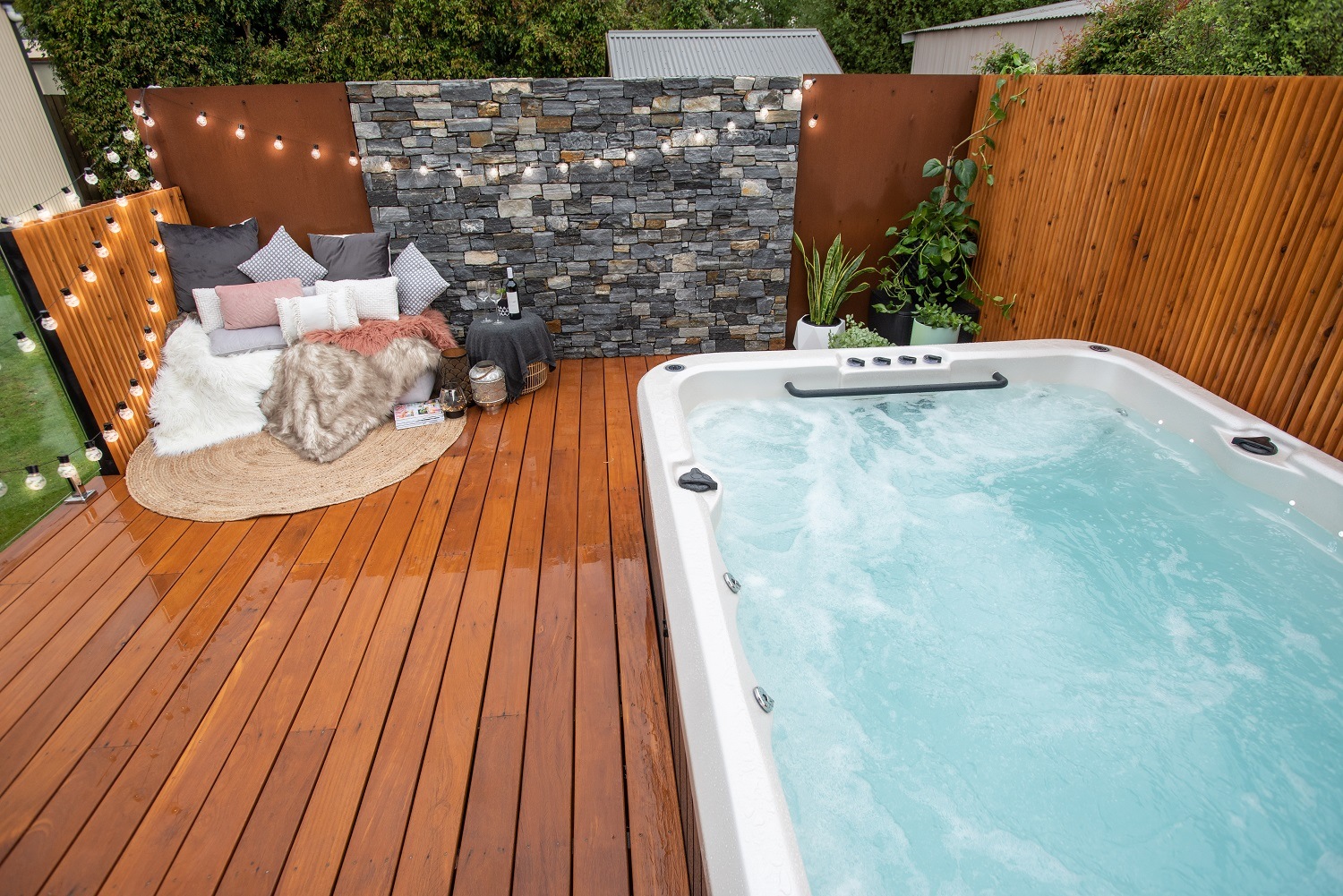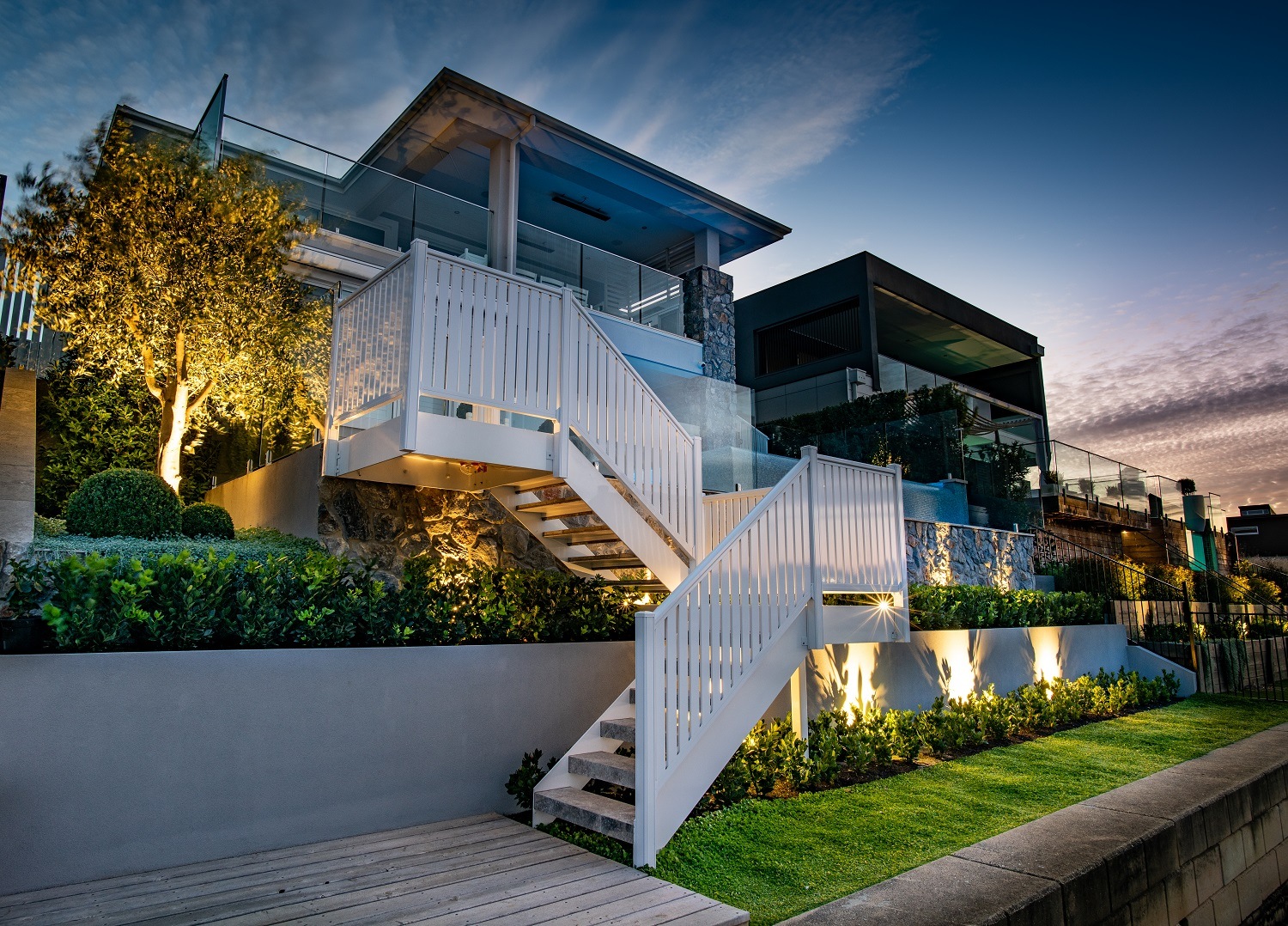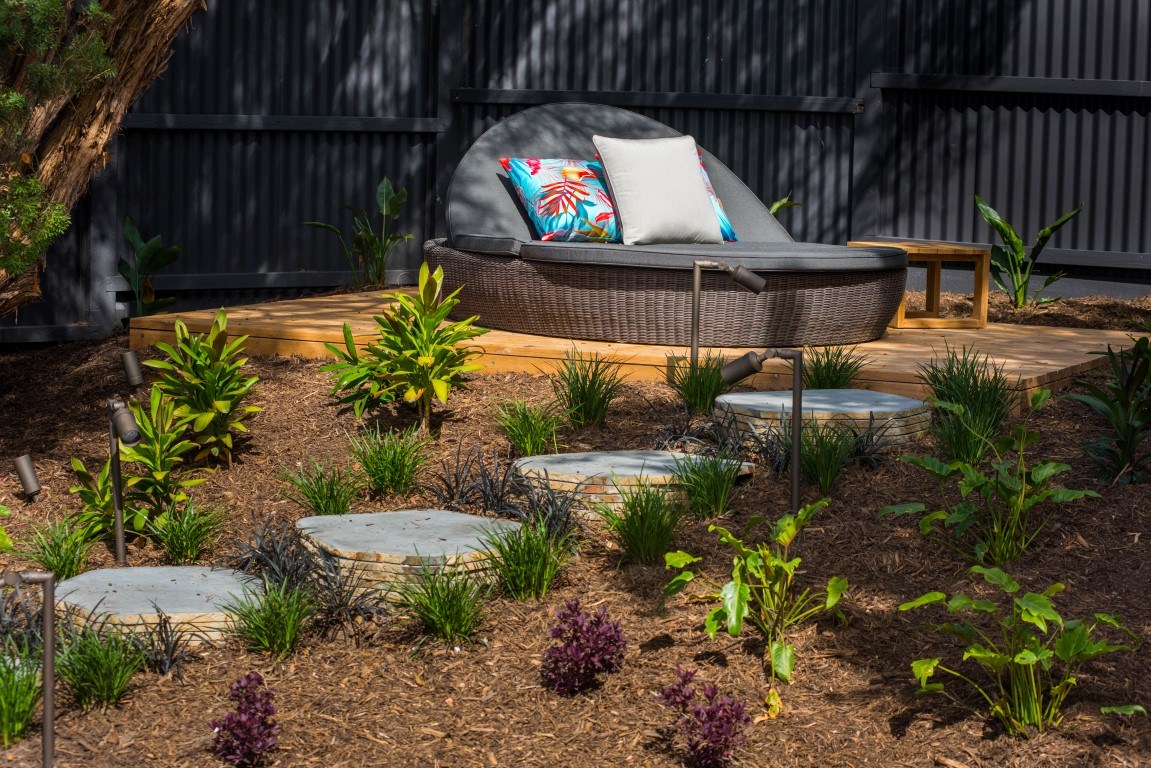- 18th January, 2022
- By Andrea Uren
What Permits Do You Need For a Landscaping Project?

Don’t run by the pool. Don’t drive without a seatbelt. Don’t overcrowd plants if you want a gorgeous garden
Whether we like it or not, life is full of rules.
If you’re thinking about upgrading your outdoor space in the form of an exciting new landscaping project, it’s easy to get caught up in garden bed patterns and seasonal flowers. However, there are rules that come with a landscaping project that you need to know about.
Staying on top of these rules can help you avoid trouble from your local council (not to mention avoid headaches coming from a cranky neighbour). At Foliage Landscaping, we’ve been helping transform Mornington Peninsula outdoor spaces for 20 years and counting, so we know a thing or two about rules and regulations.
Whether you’re thinking of adding an outdoor shower, stringing up new garden lights, or adding stunning new pavers, here are the most important tips to stay out of trouble.
Do I need permits for a landscaping project?
The short answer is “it depends”.
There are two types of permits that may be required before you launch into a new outdoor upgrade. These include town planning permits and building permits.
Town Planning Permit: This is the written approval from the town planning department of your local Council that you can use or develop land in a specific way. Town planning permits aren’t always required but if they are needed, they come before the building permit (more on that below). Town planning relates to how your land can be used, aesthetics of what you are planning, and approval if it affects your neighbours. For example, increasing a fence height or building within 1 metre of your boundary.

Building Permit: This provides you with certification that your project complies with the relevant building legislation and codes and will be built correctly. A building permit is written approval that is provided by either a Council or private building surveyor and can include approved plans, specifications, and associated documentation on how the works will be undertaken. As part of the building permit process, there will be inspections at key stages and a final inspection or occupancy certificate issued on completion of the project.
Just because you don’t need town planning approval from the local council doesn’t mean you don’t require a building permit.
At Foliage Landscaping, we handle all permits and council applications for you so can spend less time reading the fine print on the Victorian Building Authority’s (VBA) website and more time doing…well, literally anything else.
The following information covers some of the most popular landscaping upgrades and will help show you whether a town planning permit or building permit is needed.

Deck
Decks come in all shapes and sizes, so it’s important you establish whether your landscaping addition requires a permit. For example, a deck can be freestanding or attached to your home or swimming pool. Most decks include a structural subfloor designed to bear weight, which means abuilding permit is required but no town planning permit.
However, if you’re laying timber slats directly onto a concrete slab to create a new, rustic deck-like upgrade, you typically won’t require a building permit as there is no supportive structure in place that needs constructing.
Verandah
verandah is a roofed, open-air structure typically attached to your home. There are plenty of design tweaks to make a verandah your own, from creative planting to generate natural privacy and sound protection, to outdoor curtains to control heat and light during the long summer days. As a verandah requires construction, a building permit is required and a town planning permit may be required.
Pergola
Another popular landscape construction addition, pergolas help define your outdoor space while creating a structure for plant growth, a shaded or semi-shaded outdoor space to entertain, and a low-maintenance way to boost your space’s livability.
But here’s where things get a little confusing. You may need a building permit and a town planning permitdepending on the size of your pergola. Typically, a building permit is not needed if your pergola:
- Is not more than 3.6 metres in height
- Is not more than 20 m2 in floor area
- Satisfies the sitting requirements (placement on the allotment) set out in the Building Regulations 2018 (schedule 3)
If you’ve got plans for a larger pergola that doesn’t tick the above boxes, speak to a member of our team and we’ll help you with any necessary applications (after helping you design your striking new pergola of course).
Gazebo
Most gazebos are free-standing with a roof for protection against heat, rain, and the elements. In this case, a building permit is required and a town planning permit may be required. However, not all gazebos will need a permit. For example, you may be allowed to construct a small structure with floor space below 10m2 and less than 3 metres in height without requiring a building permit.

Retaining Walls
Retaining walls offer incredible versatility and flexibility in your Mornington yard, and (surprise surprise) the rules vary. If your retaining wall is 1 metre in height or more OR constructed on, or near, boundaries where there’s a risk of damage to your neighboring property, then a building permit and town planning permit is required.
Outdoor stairs and ramps
If you’re adding access ramps or stairs in your yard, permits are on a case-by-case basis (surprise surprise). If you’re adding external stairs and/or ramps alongside construction/renovations/alterations then you will require a building permit. However, if your stairs or ramp are separate (e.g. garden stairs) then you won’t need a building permit or town planning permit.
Driveways and pavers
A new driveway is a simple way to elevate your home’s exterior - with no building permit required but town planning permits may be required to get started! Keep in mind, incorrectly installed pavers or concrete slabs can lead to structural problems down the line (e.g. poor drainage sending water to your home), so it pays to hire a registered landscape builder to make sure your home is looked after.
Water Features
There’s nothing quite like a calming and serene water feature or pond to turn your outdoor space into a tranquil oasis. Even better, these additions typically do not require a building permit but may require a town planning permit depending on whether your new water feature is ornamental. A permit is likely required if your water feature is connected to a water main or has a drain. This type of work will require a licensed plumber and a building permit.
PLEASE NOTE: Ornamental ponds and water features are distinct from swimming pools and spas which require safety barriers and building permits.
Fences
A fence can seem like a minor construction project. After all, you could probably get to Bunnings to pick up timber palings and have a new fence built before anyone would notice. However, a building permit and town planning permit is required for most fences.
Exemptions apply in certain situations. For example, a timber side fence or rear boundary fence that’s no more than 2m high and not more than 1.5m when constructed within 3 metres of a street boundary.
What happens if I add to my landscape without a permit?

As the list above shows, it’s important to seek advice from your local council or a private building surveyor to confirm if you require a building permit for your project. What may be a permit-free situation for certain landscaping features may require permits for others.
While it’s tempting to go without a permit if your landscaping upgrade feels minor, this could be the case if you have a building background, or your landscaping team assures you it’s fine. However, this is asking for trouble.
Even if your yard is secluded and it’s likely that no one will know, building without a permit can result in a fine of up to $75,000. The Building Act 1993 and Building Regulations 2006 specifies what can and what can’t be built without a permit, so it’s not worth the trouble.
At the same time, we understand that endless forms, permits, and paperwork are enough to put anyone to sleep - that’s where we can help. There are many rules to be aware of to protect both your property and your neighbours so if you’re looking to start your next exciting landscaping project, reach out and we’ll help make the process simple, stress-free, and permit-friendly.
Looking for help with your next landscape design project? Call us for expert advice today.